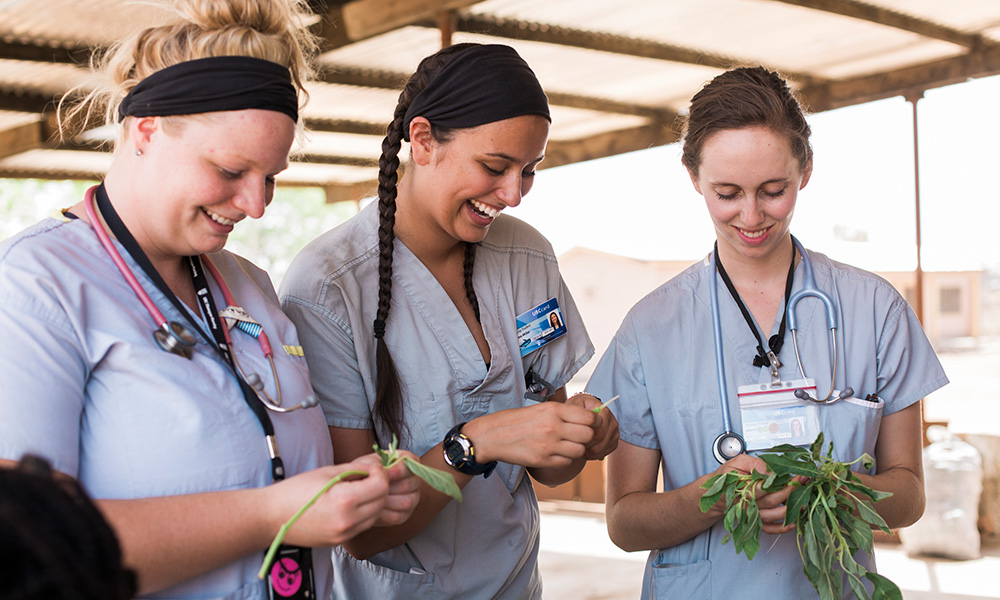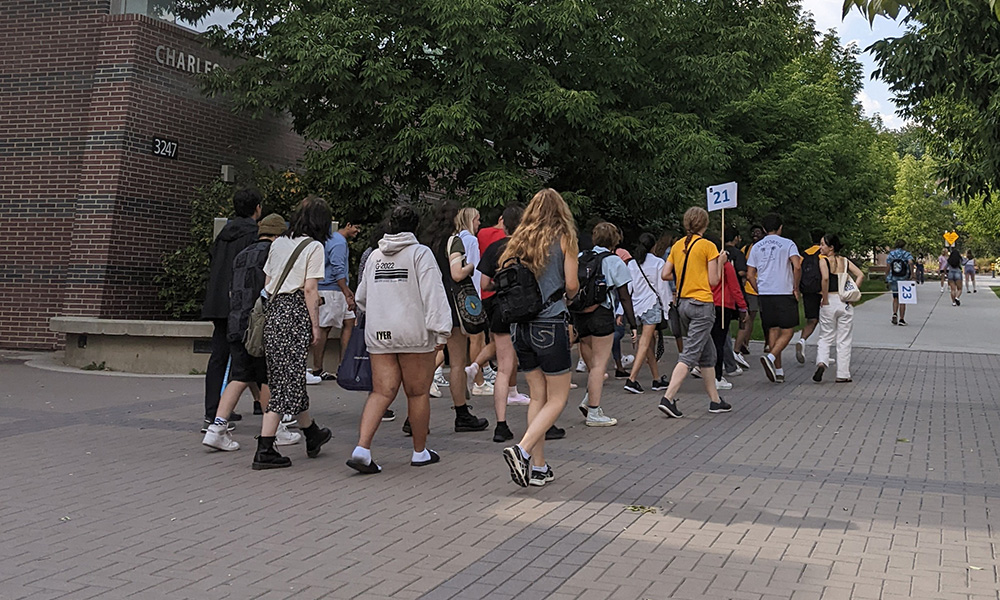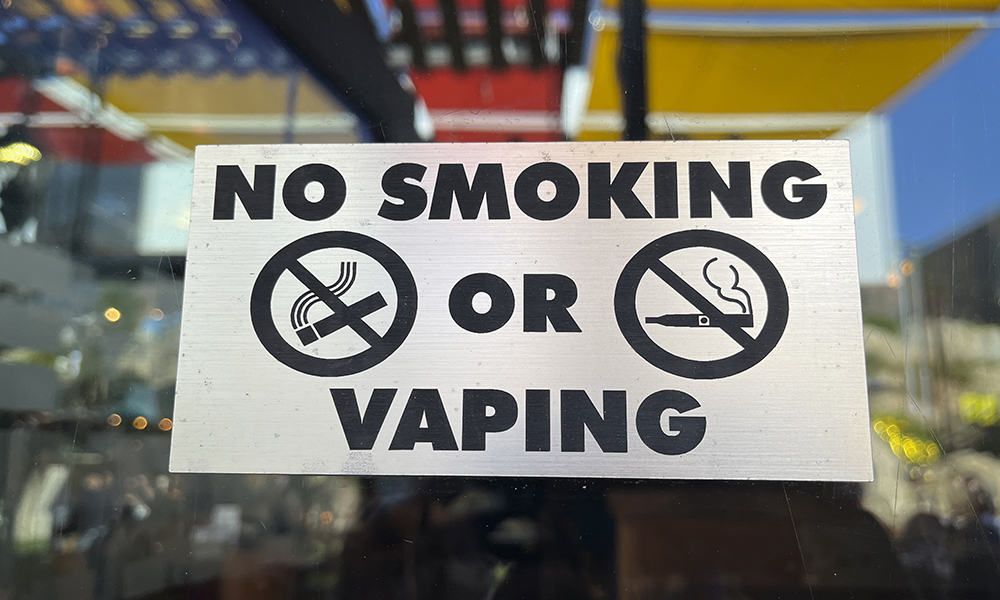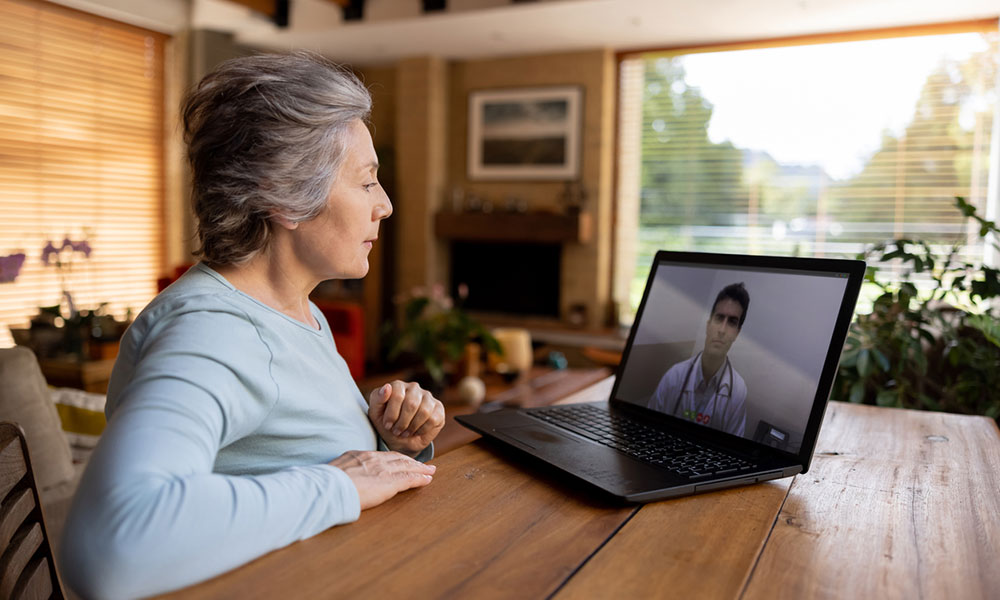
UBC Okanagan’s School of Nursing is hosting its Global Health Gala to raise funds for partners in Zambia and Ghana.
What: Global Health Gala
Who: UBCO School of Nursing, in partnership with health-care partners in Zambia and Ghana
When: Friday, November 24, doors open at 6 pm, dinner is at 7 pm
Where: The Delta Hotels Grand Okanagan Resort, 1310 Water St., Kelowna
After a three-year hiatus, UBC Okanagan nursing students are once again organizing a gala and silent auction as a fundraising and awareness initiative for the university’s Global Health Practicum program.
Each year, nursing students in the program have the opportunity to travel internationally to either Ghana or Zambia on a Global Health Practicum. The practicum is part of the students’ final clinical practice experience and provides an opportunity to learn and teach collaboratively with their community health-care partners.
“The gala is an important event to promote global responsibility and health equity,” says Nadine Reis, a fourth-year student. “Living in Canada, we have vast privilege when it comes to health care. What we do with that privilege matters. I think it is a beautiful thing for a community to share a dinner and learn about global health.”
All proceeds from the gala will directly support the needs of community partners in Ghana and Zambia, including health-care supplies, medications, community clinics and other health initiatives. Currently within these countries, there are chronically limited medical resources and supplies, and decreased rates of access to health care. The funds will be spent in-country during the students’ 2024 global practicums.
This year’s formal event takes place at the Delta Hotels Okanagan Resort on Nov. 24. The evening will feature a three-course meal, silent auction and a program of speakers, including Dr. Marie Tarrant, Dean of the Faculty of Health and Social Development and via Zoom recording, Dr. Vida Yakong, Dean of the School of Nursing and Midwifery at Ghana’s University for Development Studies.
Doors open at 6 pm and the plated dinner begins at 7 pm. All members of the Okanagan and UBCO communities are encouraged to learn more here: events.ok.ubc.ca/event/the-global-health-gala.
The post UBC Okanagan’s Global Health Gala set for return to Kelowna appeared first on UBC Okanagan News.




